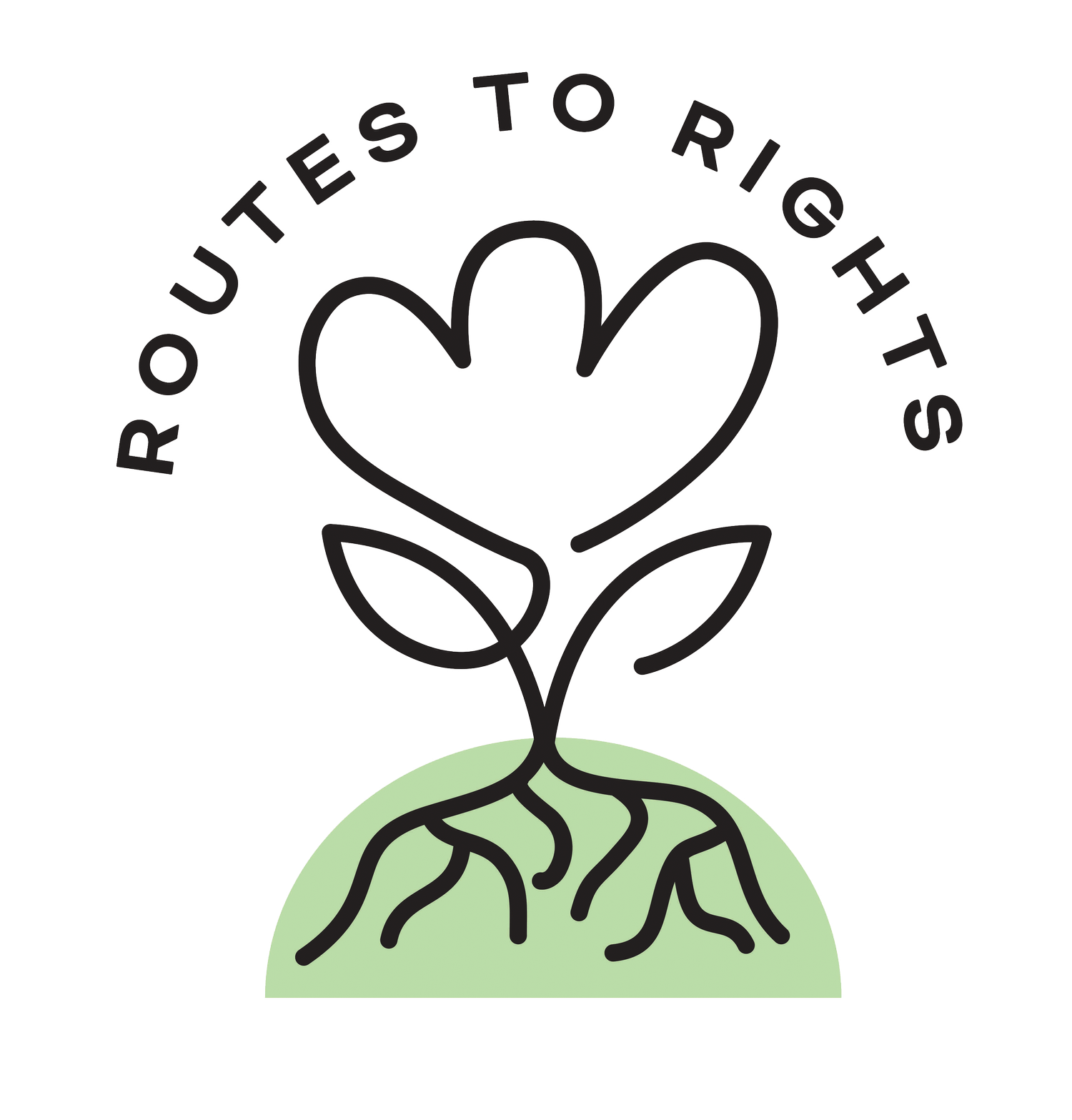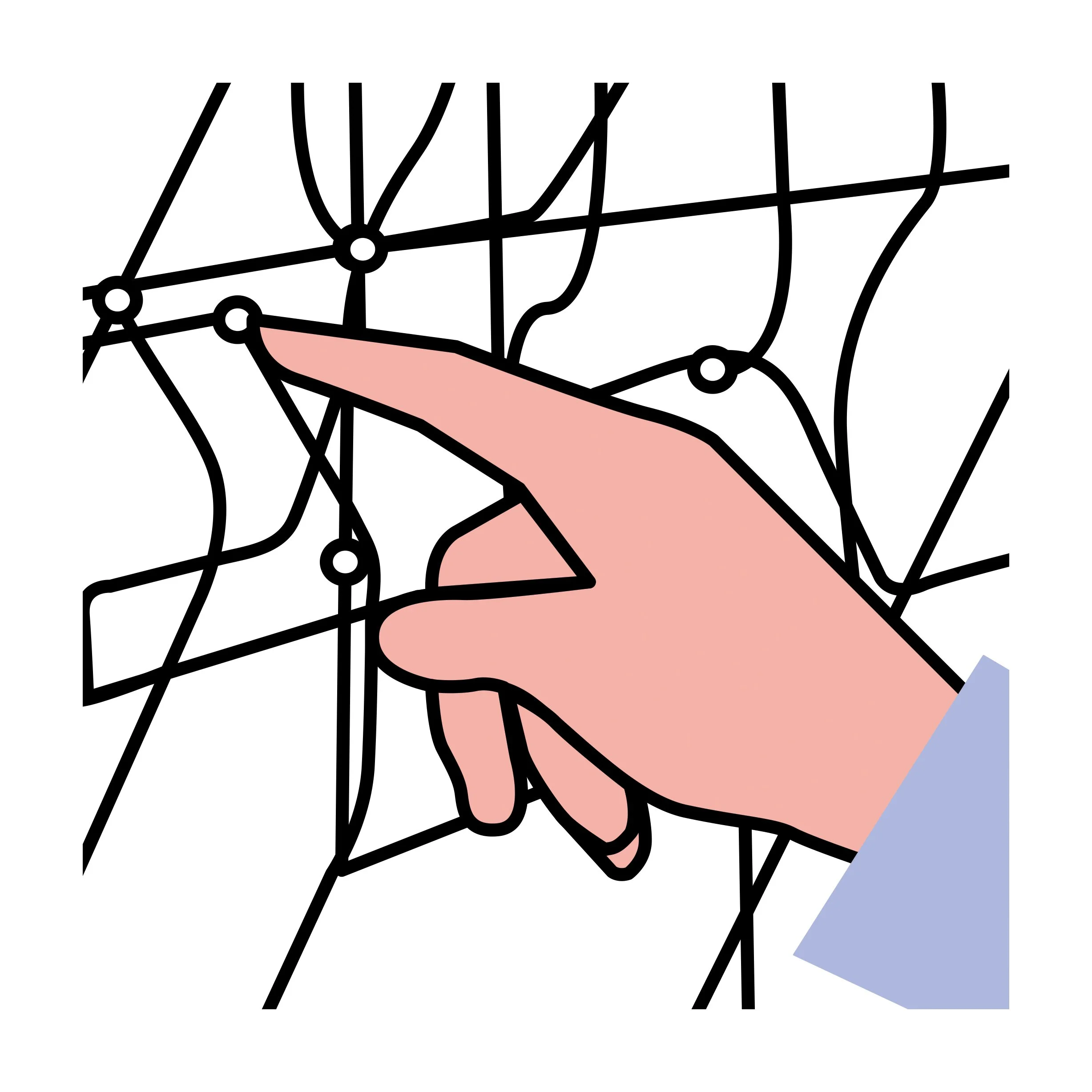
Routes to Rights
Routes to Rights is a project that helps adults affected by long-term or serious health conditions. That includes the person who is unwell and those who care for them. We work to:
Help everyone understand their legal rights when they are ill or looking after someone else who is ill
Help professionals recognise these rights and work better together across services
Make it easier for people to get the right advice and support when they need it.
There are two main kinds of legal rights when someone is ill:
daily life (we call these social welfare legal needs)
health and care decisions
We have explained a bit more below…
You can also use our Public Information page for more detail.
Social Welfare Legal Needs
Living with a long-term or serious illness can turn life upside down. This is because, for many people, the illness is only part of the struggle.
Problems around daily life, such as money, work, housing or getting the right care and support are all common. They can affect the person who’s ill, their family and other people helping them. They can cause a huge amount of worry and stress.
A lot of people don’t know what to do about these problems or where to get help. Many of these problems are linked to legal rights, entitlements and protections, but the public and professionals often don’t realise that.
Health and Care Decisions
When someone is ill, decisions about their care and treatment should be made cooperatively. Healthcare professionals should work together with the person who is ill to support them to make a choice.
This means sharing information, talking through the options, and agreeing on a plan that feels right for that person.
If the person is too unwell, someone they trust can represent them. This might be family, a friend, a carer or someone else who is helping them.
If someone’s health could get worse over time, they can also share their wishes in advance. This helps make sure their future care reflects what matters most to them, even towards the end of life.
Everyone has rights when it comes to their health and care. Understanding these rights helps make care more personal and respectful.



